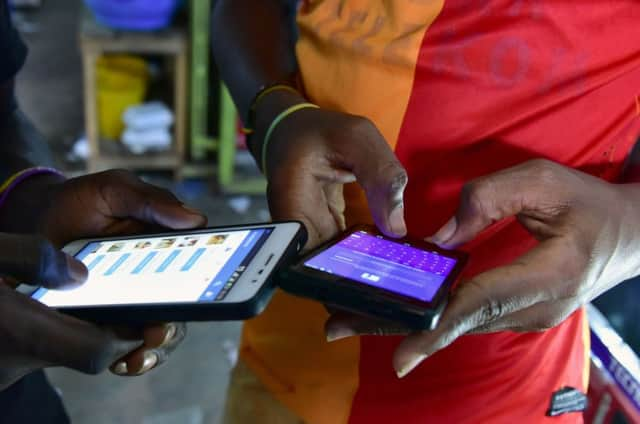Susan Dalgety: Despite Trump, social media still brings world together


Don’t get me wrong. Countries like Malawi need all the support they can get from richer economies. Malawi has hovered on, or around, the bottom of the World Bank’s income ranking for years.
Malawians don’t enjoy universal free healthcare, or free secondary education, or clean water on tap, even those who pay income tax. And most folk don’t earn enough to pay tax, they get by growing maize to eat, and selling what’s left over to buy life’s essentials, like clothes and soap.
Advertisement
Hide AdAdvertisement
Hide AdBy portraying Africans as nothing but helpless victims we are guilty of the same disrespect our colonial ancestors showed the continent when we first went there with our bibles and guns.
My grandson has only been here for 48 hours. But already he is beginning to understand that young Africans are the same as him. It is our economic power that is different.
But Android phones are the same the world over. Our friend Mabvuto has just acquired a new smartphone (Africa is China’s biggest market) and my grandson spent Easter Sunday showing him how to use WhatsApp.
Perhaps social media and the internet do have the power to change the world for the better – just as long as we keep it out of the hands of the likes of Trump and Putin.